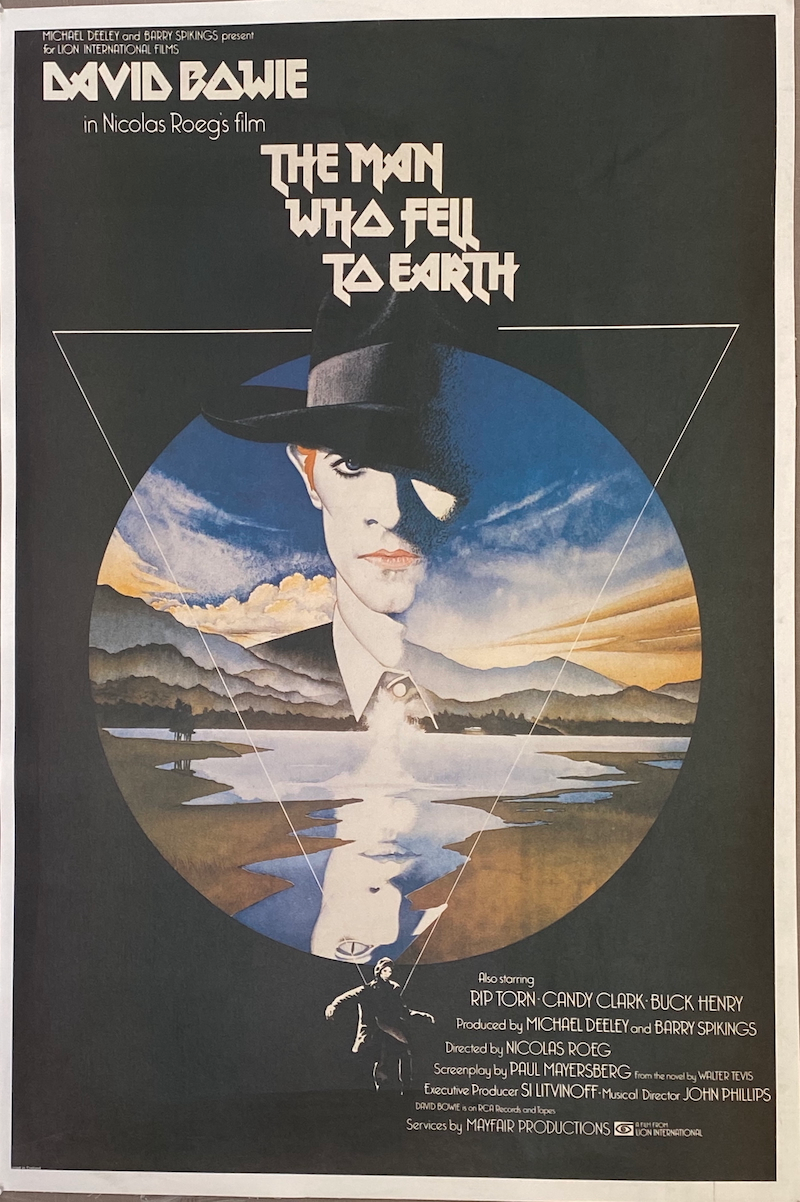The Ipcress File and Alfie - 1960s Michael Caine classics
- Flicks Film Posters
- Jul 21
- 2 min read
Updated: Sep 1
Twickenham, where our gallery/shop is located, has a rich film and music culture heritage, of which locals are well aware and understandably proud of.
Several classic films feature scenes in and around Twickenham. Alfie (the original 1966 version starring a young Michael Caine, not the 2004 remake starring Jude Law) was shot at Twickenham Studios, with scenes filmed at several locations in London. Locations in the Twickenham area include St. Margaret’s Station, the Council Offices, and the Convalescent Hospital.
Caine has always been an interesting actor. By the mid 1960s he was a huge star. He’d made mostly minor appearances in films throughout the 1950s and early 1960s, so it wasn’t until his breakthrough role in Cy Endfield’s Zulu (1964) that his ascendancy to major British movie stardom materialised.
Zulu was followed by his iconic role as Harry Palmer in a trilogy of spy thrillers adapted from Len Deighton novels. The first and best was The Ipcress File (1965), directed by Sydney J. Furie, followed by Funeral in Berlin (Guy Hamilton, 1966) and Billion Dollar Brain (Ken Russell, 1967). Dubbed “Mr. Sex in Specs” by critics, Caine made glasses super cool, and his insolent, anti-establishment, insubordinate ex-army spy no doubt resonated with a sixties youth tired of a stuffy, conservative post-war Britain.
The original US one-sheet poster for The Ipcress File is fascinating for the inclusion of a press quote that favourably compares the film to the James Bond 007 hit Goldfinger (1964). The suggestion seems to be that Caine’s film is a more cerebral and thought-provoking spy thriller-related cinemagoing experience than the Sean Connery juggernaut.
Both films, of course, are now considered classics. Time has been especially kind to The Ipcress File, though. The off-kilter camera angles, widescreen compositions and well chosen London locations, coupled with a great music score by John Barry (also famous for composing scores for seven Bond films) all represent amongst the finest that sixties British cinema has to offer.














Comments